The Philosophy Books That Will Broaden Your Mind
Stoicism
What is it? Especially popular in the days of the Roman Empire, stoicism’s followers included even Marcus Aurelius, known as the 'philosopher emperor'. Living a life of life of virtue, honour and courage under any circumstance is the essence of Stoicism: a reminder that life is a continual opportunity to be virtuous – through fortune and misfortune, happiness and pain, daily tasks and pleasures. Virtue is the compass allowing us to navigate these seas of existence without losing our direction or forgetting the heights of our mission.
What to read? The Meditations of Marcus Aurelius is among the best stoic works, although many new books on the subject have been released in recent years due to a resurgence in popularity. Many of these include handy ways of incorporating stoicism into our modern-day lives.
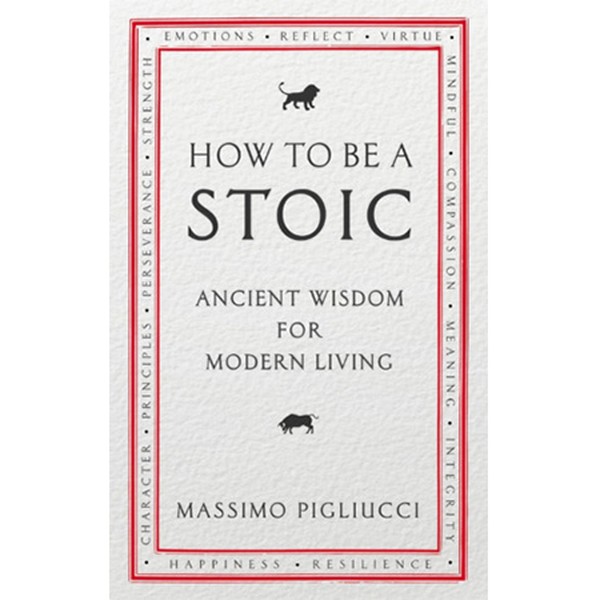
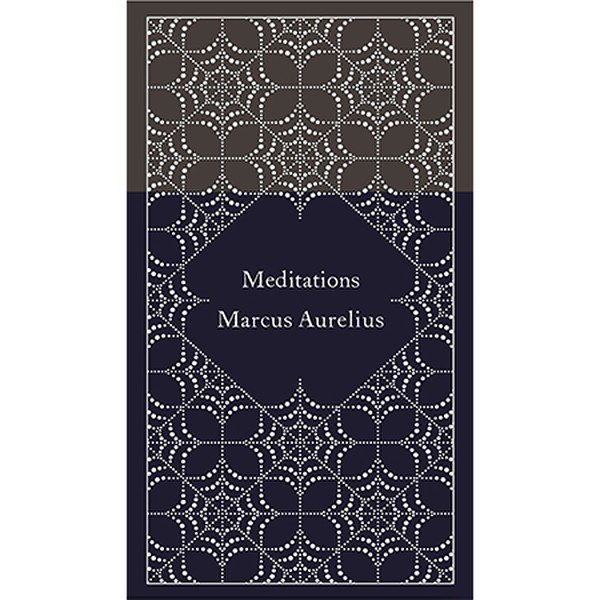
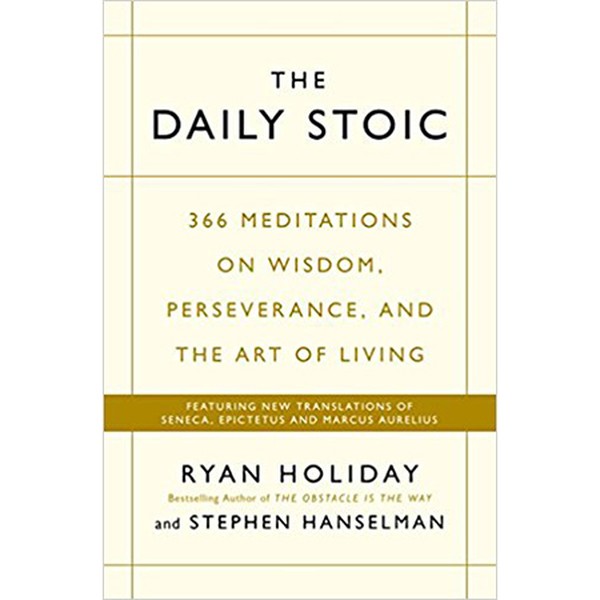
Existentialism
What is it? Originally intended as a dicipline for the examination of human life, existentialism is perhaps the most persistent philosophical school of thought currently out there. It considers man as a self-guided production – alone in a universe without God – and existential philosophy seeks to uncover the metaphysical meaning of man, using it to decipher how we can each live our most authentic life possible.
What to read? Existentialism is usually associated with post-war French philosophers like Albert Camus, Jean-Paul Sartre and Simone de Beauvioir. Unlike other philosophical currents, when looking at humanity in all its complexity, the resulting works are often accessible, simple, moving and even familiar – perhaps why many great existentialist texts are works of fiction literature.
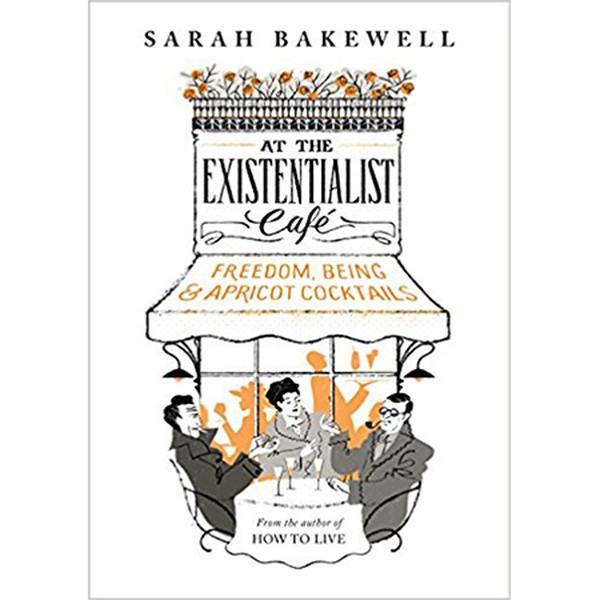
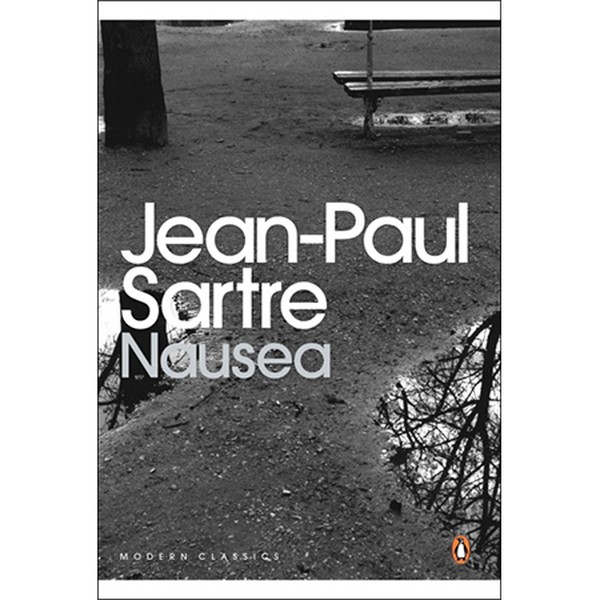
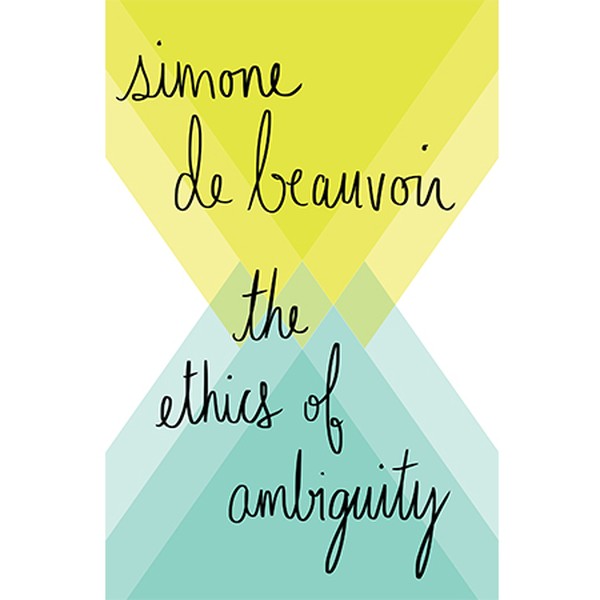
Nihilism
What is it? Nihil means 'nothing' in Latin, and the 'nothingness' to which the philosophical current refers can be compared to the empty space on a blank page, or to the primordial 'nothing' hypothetically preceding the beginning of the universe. The nihilistic theory is based on the idea that everything surrounding us is the result of change and accident. And as much as things seem to have been there from the very beginning, the truth is many of them haven't. Morals, customs, social institutions: all of these are susceptible to changing again, too.
What to read? Friedrich Nietzsche is the philosopher most often identified with nihilism (although more specialised philosophy readers have reservations classifying him solely under the nihilistic school of thought). As a thinker, he taught us to doubt knowledge itself and the ways in which it’s constructed.
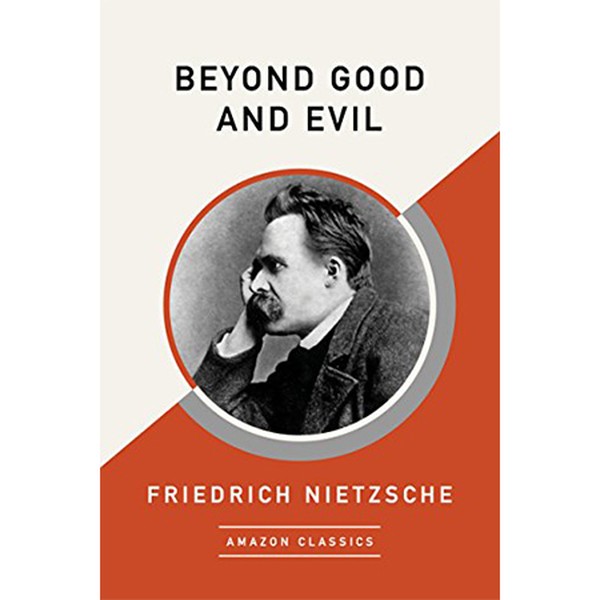
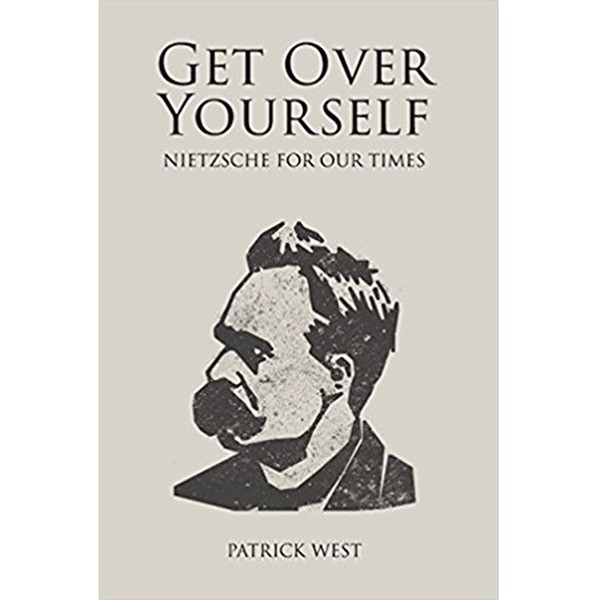
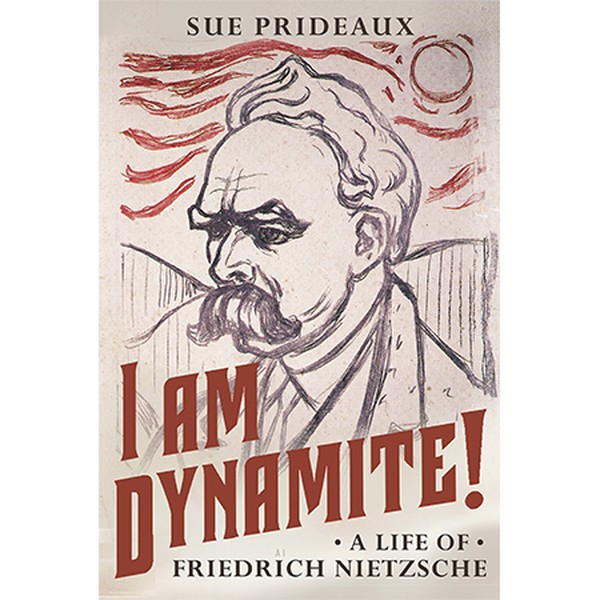
Taoism
What is it? An ancient tradition of philosophy and religious belief that's deeply rooted in Chinese customs and worldview. Taoism is about 'the Tao', which is usually translated as 'the way'. But it's hard to say exactly what this means. The Tao is the ultimate creative principle of the universe – all things are unified and connected – and Taoism teaches a person to 'flow with life', encouraging them to embrace wonder and the joy of living gracefully.
What to read? The enigmatically-translated new version of the Tao Te Ching is a must for any budding Taoists. Or for those new to the Taoist way of life, The Path – written by journalist Christine Gross-Loh and Michael Puett, a Harvard professor specialising in Chinese philosphy – is a profound guide to living well through making small, Taoism-inspired changes to our everyday routines. Similarly, Meghan Markle is fan of The Tao of Pooh: "Aspects of Taoism told through the characters of Winnie the Pooh – I mean, does it get better?" she wrote on her former blog.
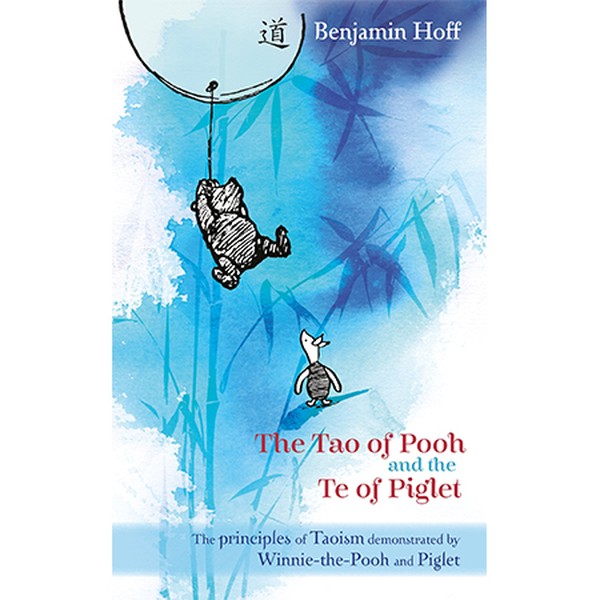
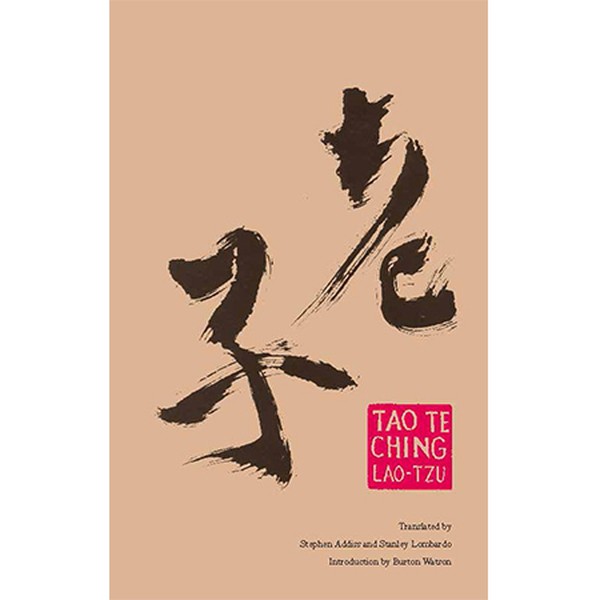
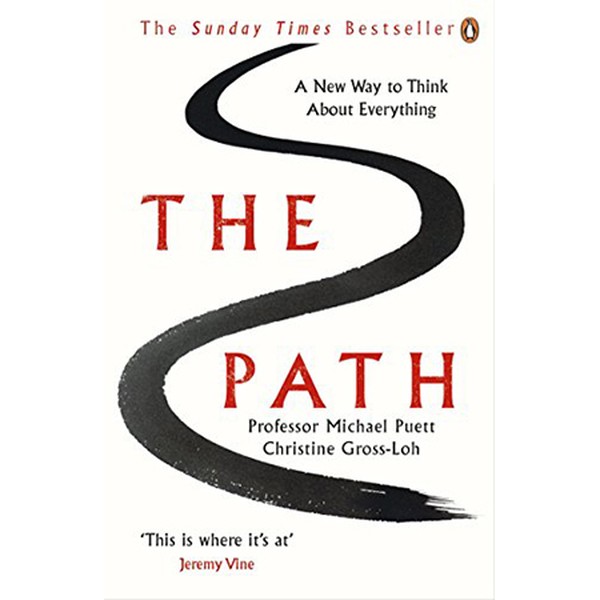
Hedonism
What is it? Hedonism is a philosophy of life and reflection with pleasure as its guiding principle. Pleasure has always been in the minds of philosophers as an essential component of the human being, but hedonists believe it to be the very centre of our existence. Although it sounds like a life of sensuality, parties, and banquets, philosophically, pleasure isn't that simple. In fact, it's a pursuit that needs to be examined to be exercised.
What to read? We can't mention hedonism without Epicurus (the greatest of all the ancient hedonists), but while it's one of the oldest schools of philosophical thought, a fresh approach to the subject can be found in the work of contemporary French thinker Michel Onfray. Or, for a different take, look to Sigmund Freud – an advocate of the theory that all action is determined by the prospect of pleasure, he adheres to what has come to be known as 'psychological hedonism'.
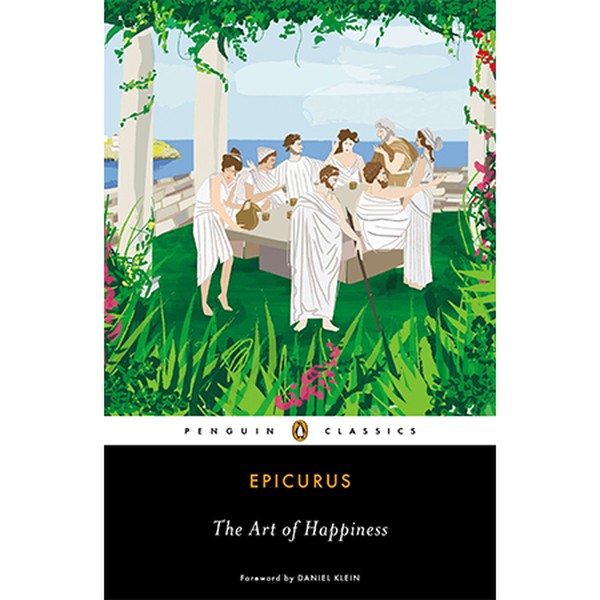
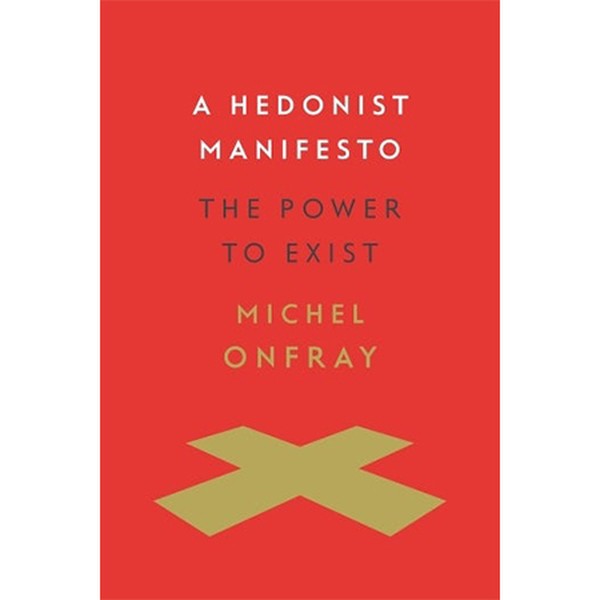
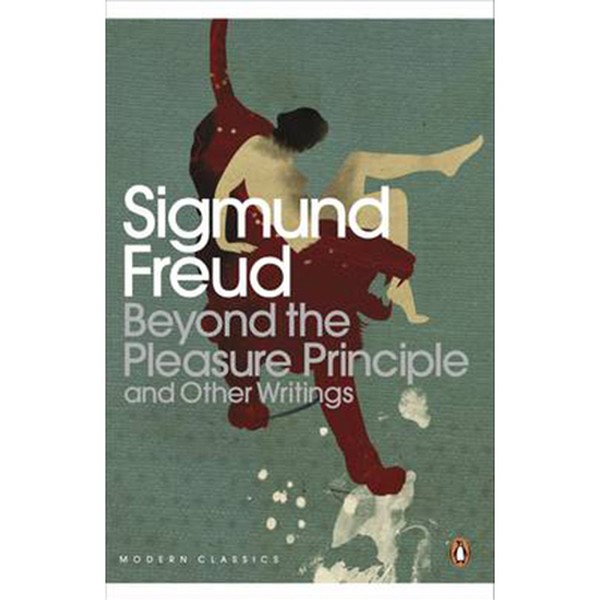
Marxism
What is it? Marxist philosophy is the aggregation of philosophical ideas developed from various aspects of Karl Marx's social theory by later thinkers. Marx himself didn't intend to write a philosophy, instead seeing his work as scientific, historical, and sociological – but many philosophers today believe it can help us to understand the economic and political inequality of our time.
What to read? While we can't say we made it very far through Marx's famous Communist Manifesto, Gareth Stedman Jones' fascinating biography about him is a truly fascinating book. And so is Terry Eagleton's Why Marx Was Right – which takes issue with the most common objections to Marxism, in Eagleton's signature witty style. Slovenian philosopher Slavoj Žižek is also well-worth a read for his global analysis of the current capitalist 'crisis'
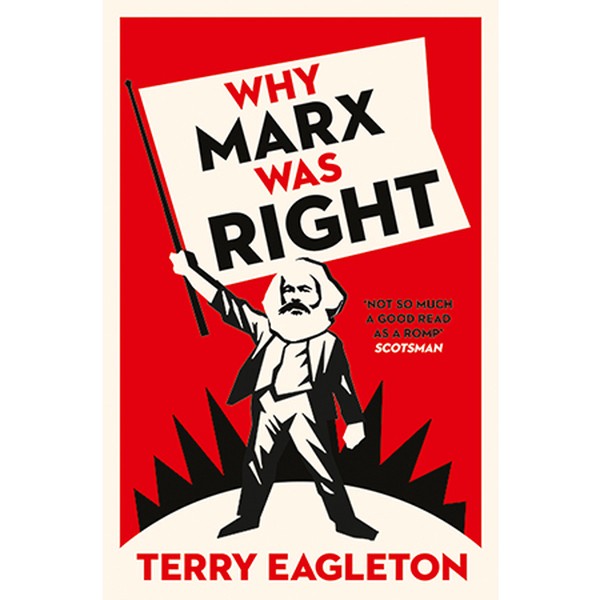
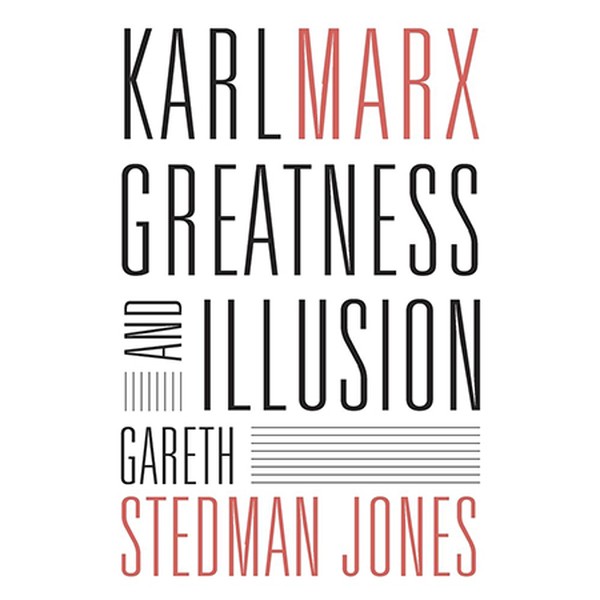
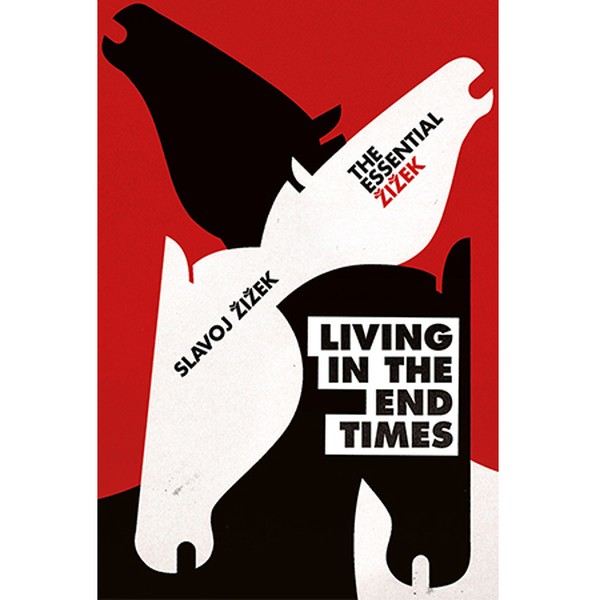
DISCLAIMER: We endeavour to always credit the correct original source of every image we use. If you think a credit may be incorrect, please contact us at info@sheerluxe.com.

